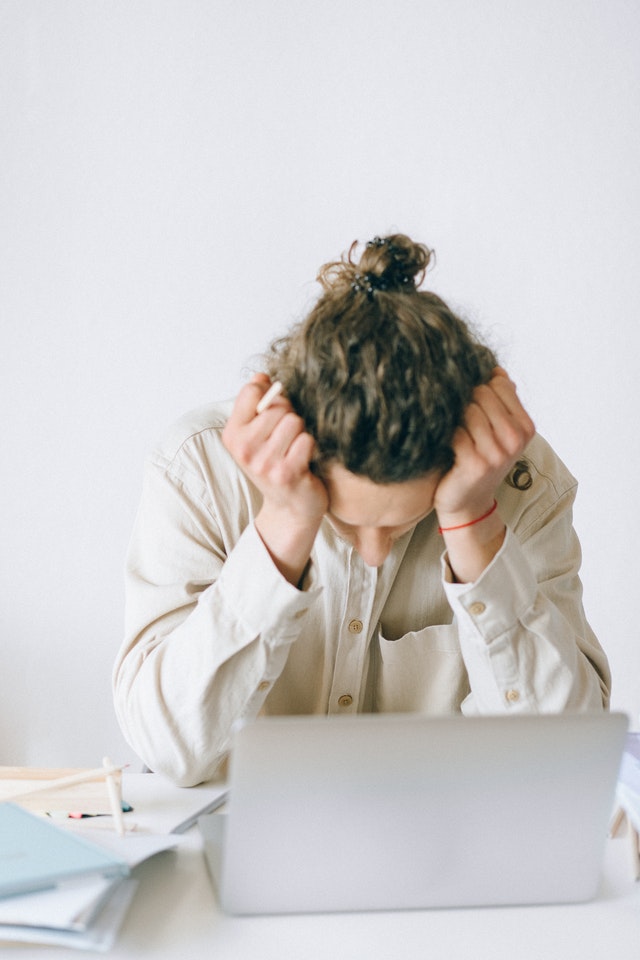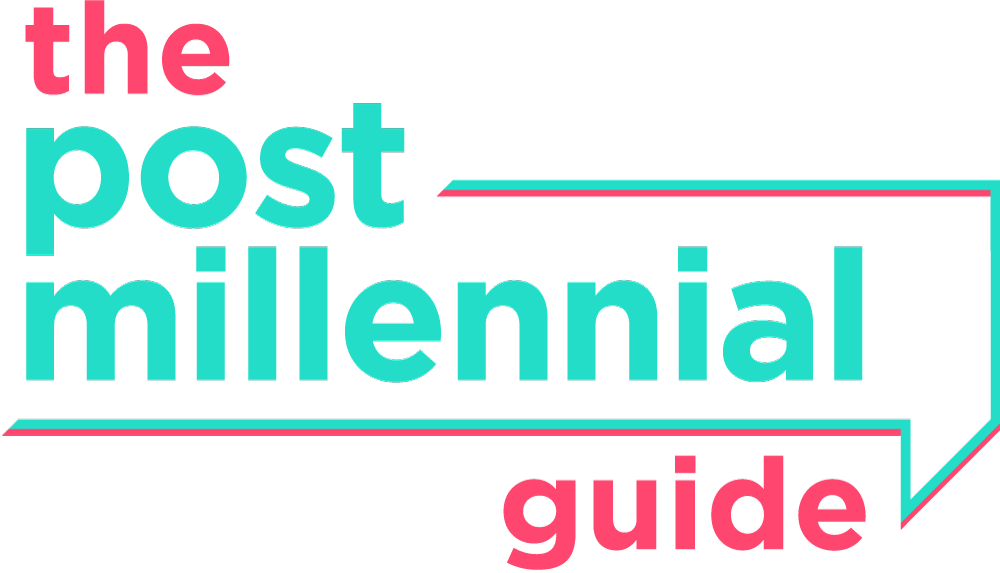What is caffeine?
Many of us can’t get through the morning without the energy that kicks in by drinking the first cup of coffee. When we get our dose, we wake up and start our day.
We are so accustomed to the thought of using caffeine only when drinking coffee and tea, but that is not true.

You can consume caffeine by drinking coffee and tea-based beverages and products, but that’s not all. Caffeine is also found in chocolate-based drinks and products, energy drinks and sodas, as well as energy shots. It is also one of the ingredients in many workout supplements and pain relievers.
Caffeine is a naturally occurring compound and the most widely used psychoactive substance on the planet. (We don’t know if that is statistically still the case, having alcohol as another widely consumed legal psychoactive substance in mind.)
It is found in plant species predominantly growing in tropics or subtropics of the world.
Can caffeine cause headaches?
Everyone gets headaches, some seldom, others often. What is common for most of us is that we are coffee lovers or consume caffeine through other caffeine-based products.
So is there a link between caffeine consumption and headache?
Anyone who consumes caffeine regularly can get a caffeine headache.
For most people, a caffeine headache is moderate, and pain varies depending on the situation.
The conclusion is, therefore, that caffeine can cause a headache.
When can it cause a headache?
Caffeine withdrawal headache
Caffeine, like other psychoactive substances, can cause physical, emotional, and psychological dependence.
Because caffeine is addictive, you suffer from a caffeine withdrawal when you don’t have it in your system.
If you decide to cut on caffeine or skip the usual caffeine dosage, you may experience negative symptoms, i.e., caffeine withdrawal headache.
You don’t have to be a heavy caffeine user to experience caffeine withdrawal headaches.

One study reports:
“Typically, the onset of symptoms occurred 12-24 h after abstinence, with peak intensity at 20-51 h, and for a duration of 2-9 days.”
The other study reported caffeine withdrawal occurrence after as little as three days of caffeine exposure. Additionally, there was a somewhat increased severity of withdrawal observed after seven or 14 days of exposure.
However, headache is not the only symptom of caffeine withdrawal; some other symptoms you may experience are decreased motor activity, increased heart rate, hand tremor, nausea/vomiting, etc.
Caffeine headache relief
If you find yourself in a caffeine withdrawal headache pickle, you might consider using over-the-counter analgesic medications to help to ease the pain.
But the best thing you can do if you want to avoid caffeine entirely is to do that gradually.
For example, if you usually take 2 cups of coffee daily, start cutting back to one. The same process applies to other products that have caffeine in them. Furthermore, if you enjoy large cups of caffeine beverage, you can switch to a smaller cup size.
Caffeine headache relief can be achieved through a gradual consumption decrease.

Which caffeine-based product do you enjoy taking the most? Do you suffer from headaches when you skip or miss your usual dosage?
References:
https://pubmed.ncbi.nlm.nih.gov/9889511/
https://pubmed.ncbi.nlm.nih.gov/15448977
https://www.ncbi.nlm.nih.gov/books/NBK430790/
Photo credits
Featured photo: Polina Tankilevitch from Pexels
All photos: Karolina Grabowska from Pexels, Nataliya Vaitkevich from Pexels


0 Comments